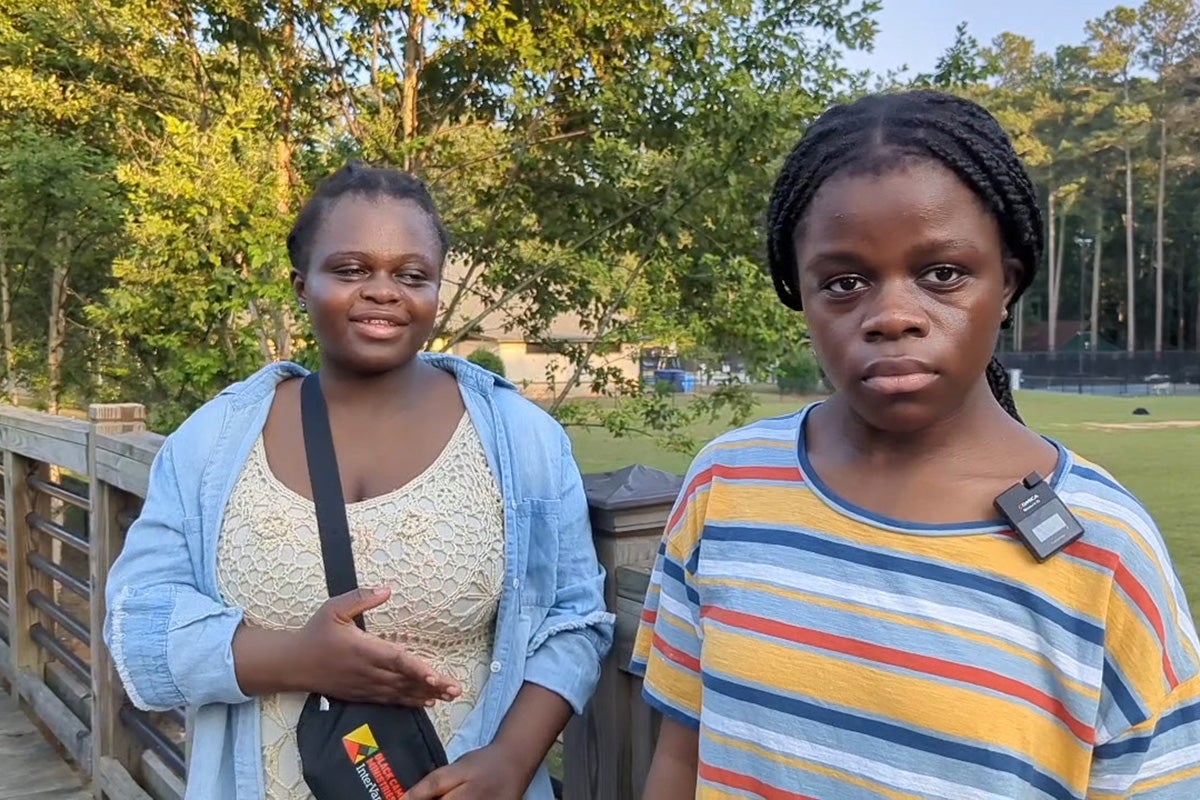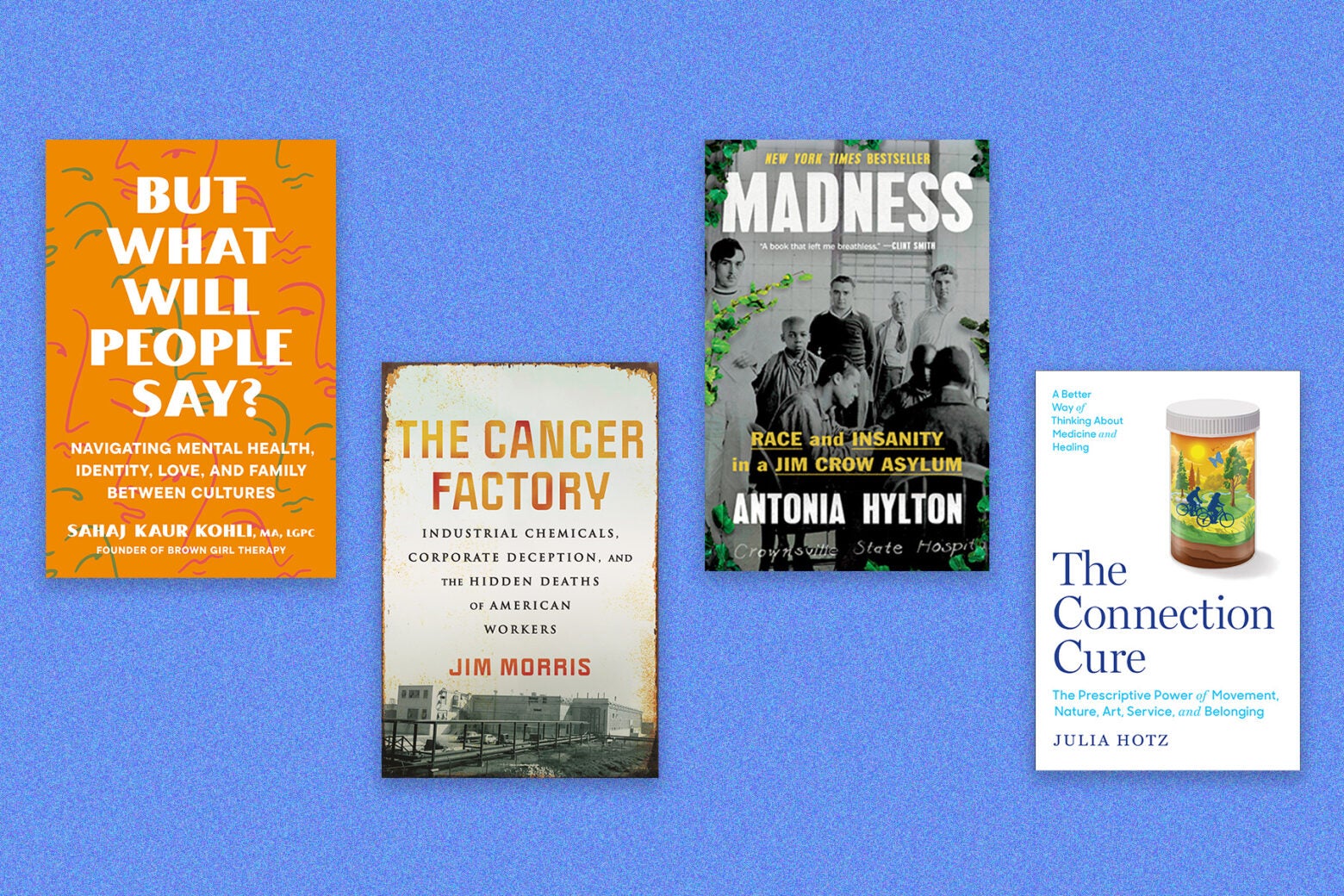
From the editor
The best public health books of 2024
From mental health to social connections and reproductive health to worker safety, the best public health books of 2024 tackle some of the field’s most pressing challenges. Our staff has selected reads that offer groundbreaking research, personal stories, and actionable advice.
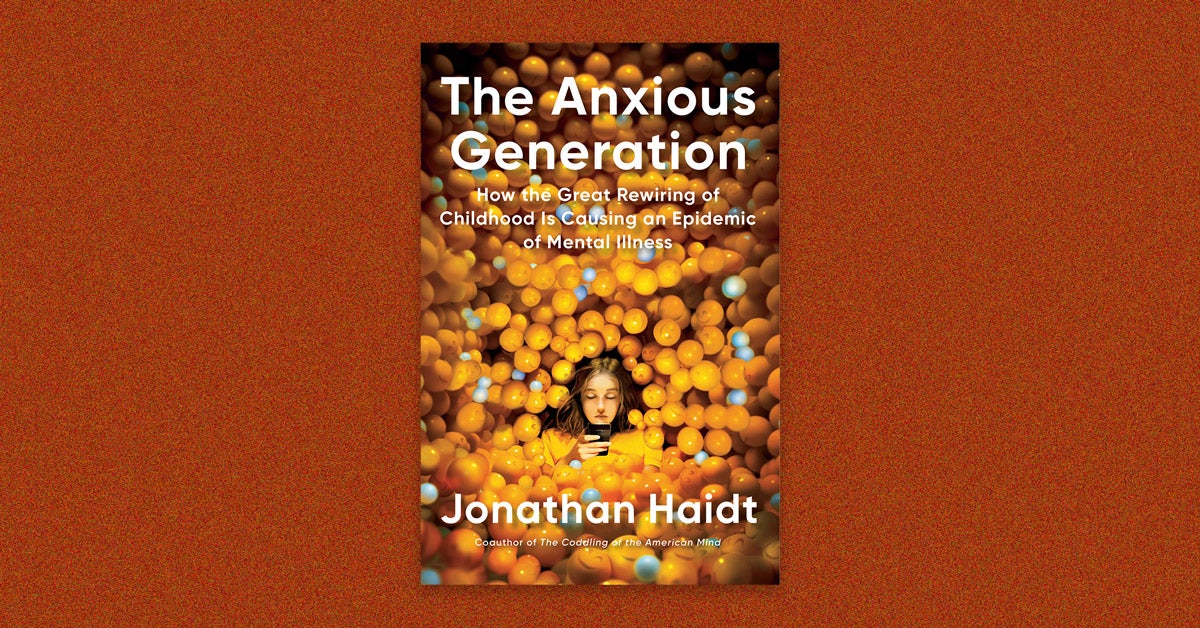
Penguin Press
The Anxious Generation by Jonathan Haidt
Jonathan Haidt’s The Anxious Generation makes the case for getting kids more interested in real life and less interested in their phones. He argues that social media—as distinct from the internet at large—is harming young people and offers suggestions for parents, schools, and policymakers. —Maura Kelly
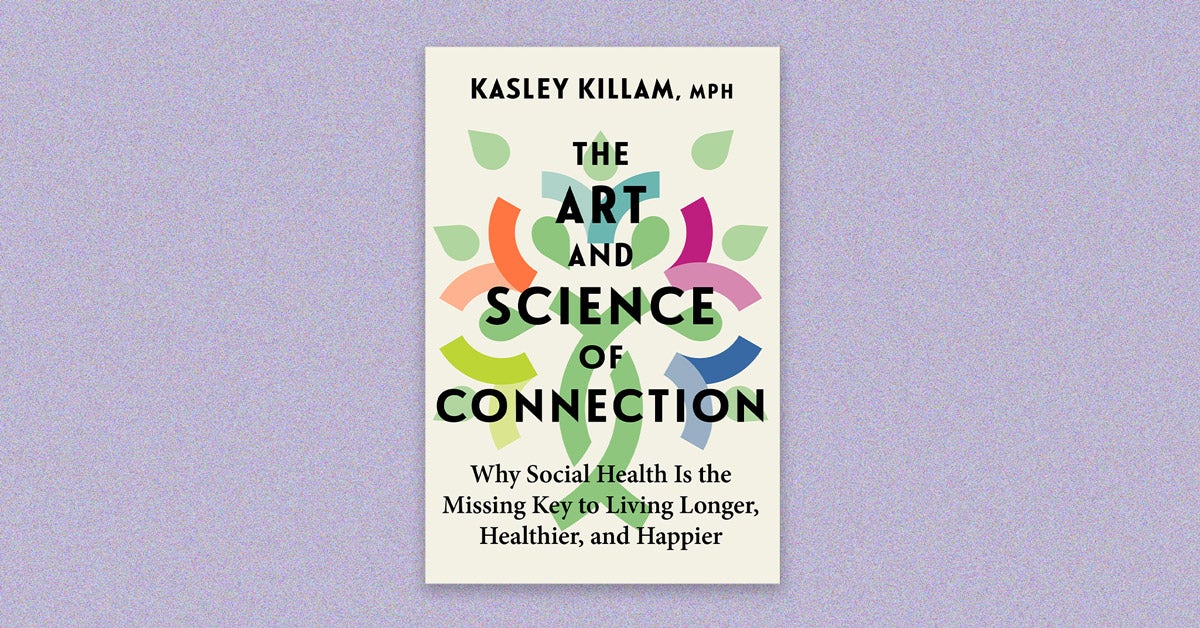
HarperOne
The Art and Science of Connection by Kasley Killam
A growing body of evidence links positive social interactions to physical health outcomes, including longevity. Social scientist Kasley Killam has spent the past decade expanding understanding of social health and elevating it as a wellness practice. She outlines the biological and behavioral mechanisms linking social health and physical health outcomes and includes steps that people can take to strengthen their own social muscles and the social health of their communities. —Amy Roeder
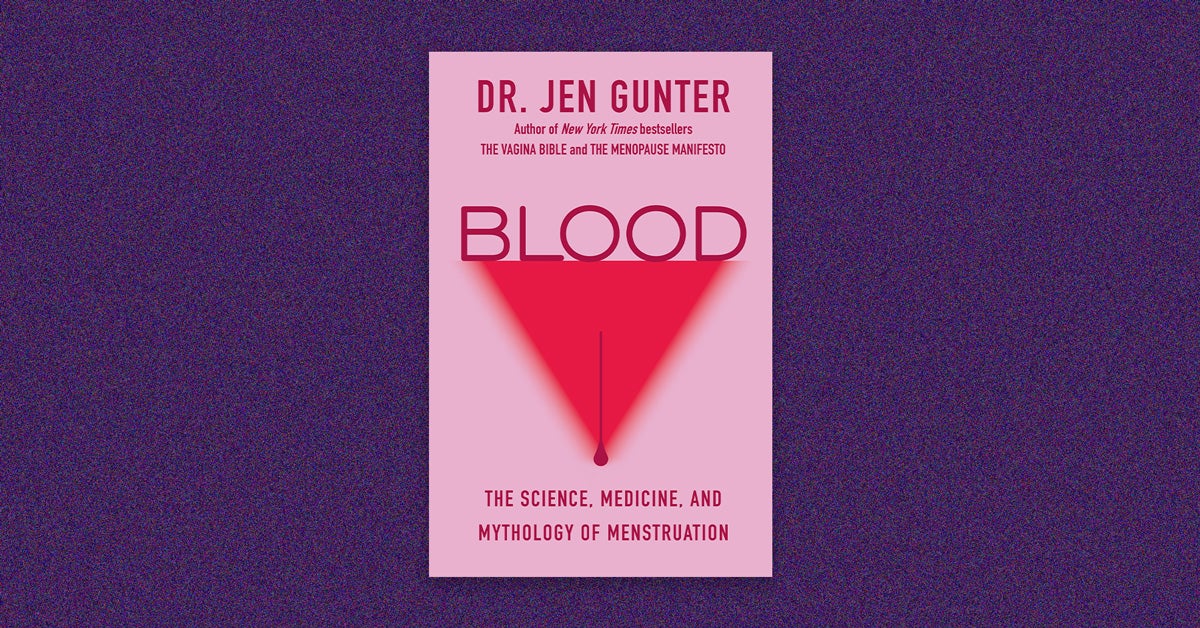
Citadel / Kensington Books
Blood by Jen Gunter
Jen Gunter’s Blood offers a comprehensive and accessible overview of the menstrual cycle, the common concerns that face menstruating people, and the treatments available for reproductive health complications. Gunter also takes aim at a patriarchal medical system that has long treated women as off-brand men and dismissed their unique health issues. —Amy Roeder
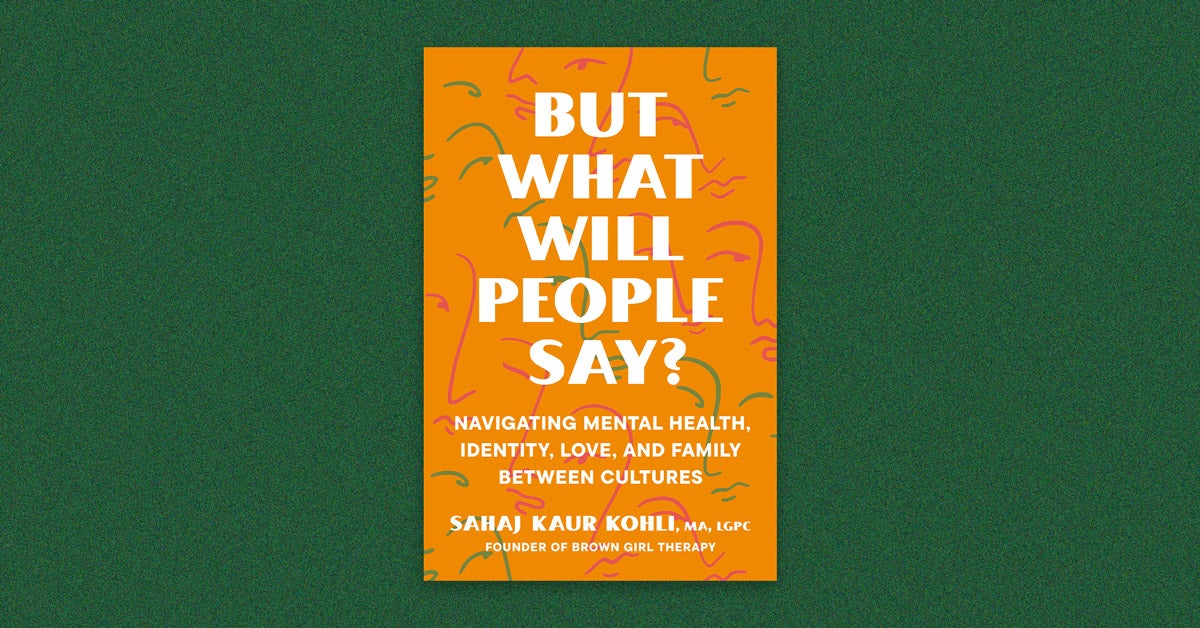
Penguin Life
But What Will People Say? by Sahaj Kaur Kohli
The omnipresence of White people in mental health care has shaped the way we talk about it, says Sahaj Kaur Kohli, founder of the 240,000-follower-strong Instagram account Brown Girl Therapy and author of the book But What Will People Say? In the book, Kohli blends personal anecdotes about growing up in a culture reluctant to speak about mental health with tips, exercises, research, and polls from her online community. —Jo Zhou
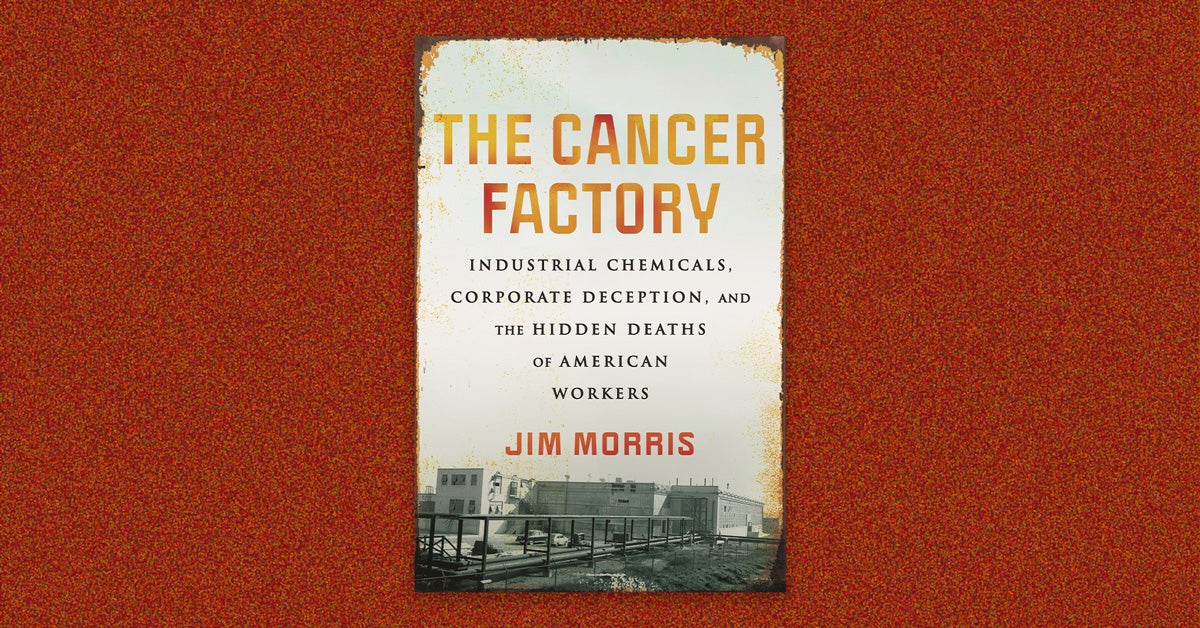
Beacon Press
The Cancer Factory by Jim Morris
In The Cancer Factory, Jim Morris follows the growth of a bladder cancer cluster at a Goodyear tire factor due to workers’ exposure to a carcinogenic chemical used to make synthetic rubber tires. The book weaves together voices of cross-generational workers, their families, and their advocates and calls out failures throughout a system that continues to neglect workers’ health. —Maura Kelly
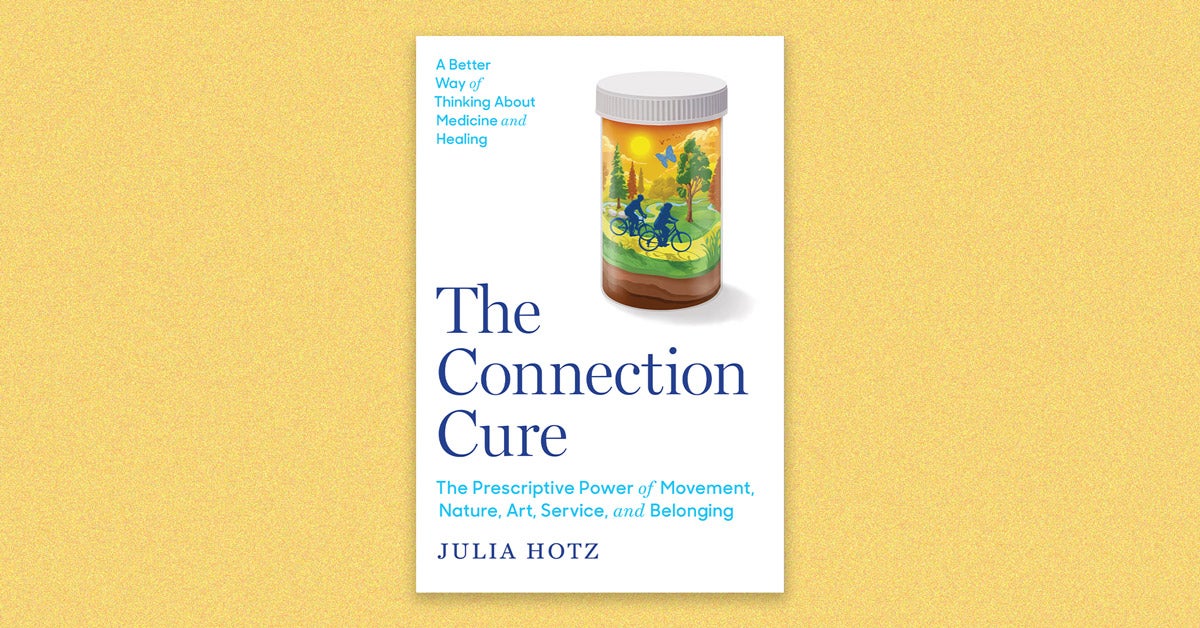
Simon & Schuster
The Connection Cure by Julia Hotz
Around the world, doctors are (literally) prescribing social activities, such as art courses and museum tours, to their patients. In The Connection Cure, journalist Julia Hotz explores the benefits of this practice, which is a phenomenon internationally but has yet to catch on in the U.S. Ultimately, she wonders, do we really need physicians to tell us to make new friends? —Jo Zhou
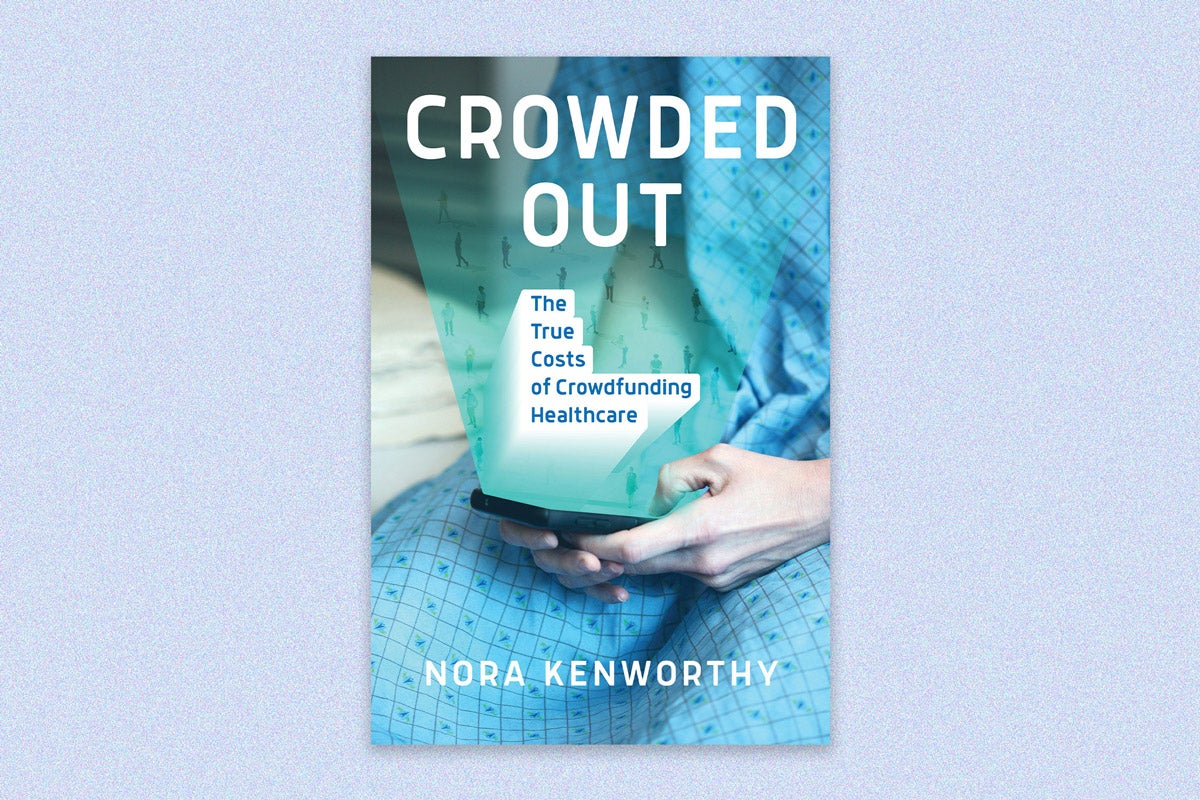
MIT Press
Crowded Out: The True Costs of Crowdfunding Healthcare by Nora Kenworthy
Americans are increasingly turning to crowdfunding sites like GoFundMe for help with medical expenses when all other options have fallen through. But for every successful viral campaign, thousands quietly end in failure. Nora Kenworthy explores the troubling qualities that make a campaign more likely to be successful (Whiteness and beauty, among others) and the toxic beliefs crowdfunding sites perpetuate about who deserves support. —Amy Roeder
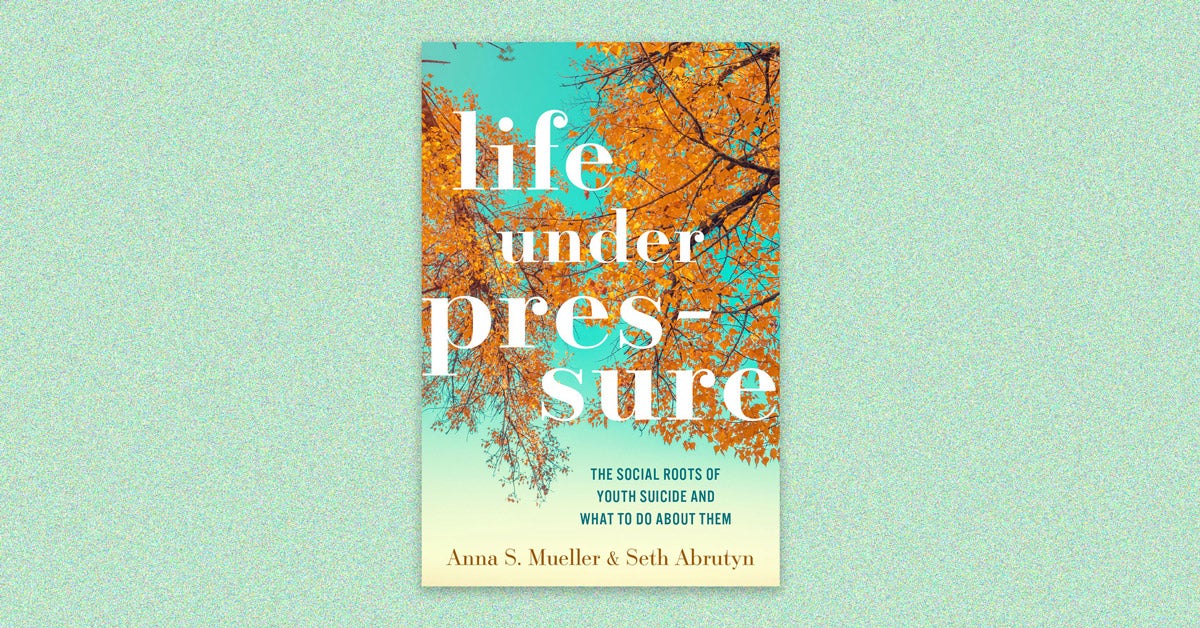
Oxford University Press
Life Under Pressure by Anna S. Mueller and Seth Abrutyn
Youth suicide in the United States has risen significantly in the past 25 years, though it remains a relatively rare event. Yet in a town that Anna S. Mueller and Seth Abrutyn anonymize as Poplar Grove, there were 19 teen suicides, often occurring in clusters, between 2000 and 2015. Children in this town grow up surrounded by people who want to help. So why do some feel so hopeless? —Amy Roeder
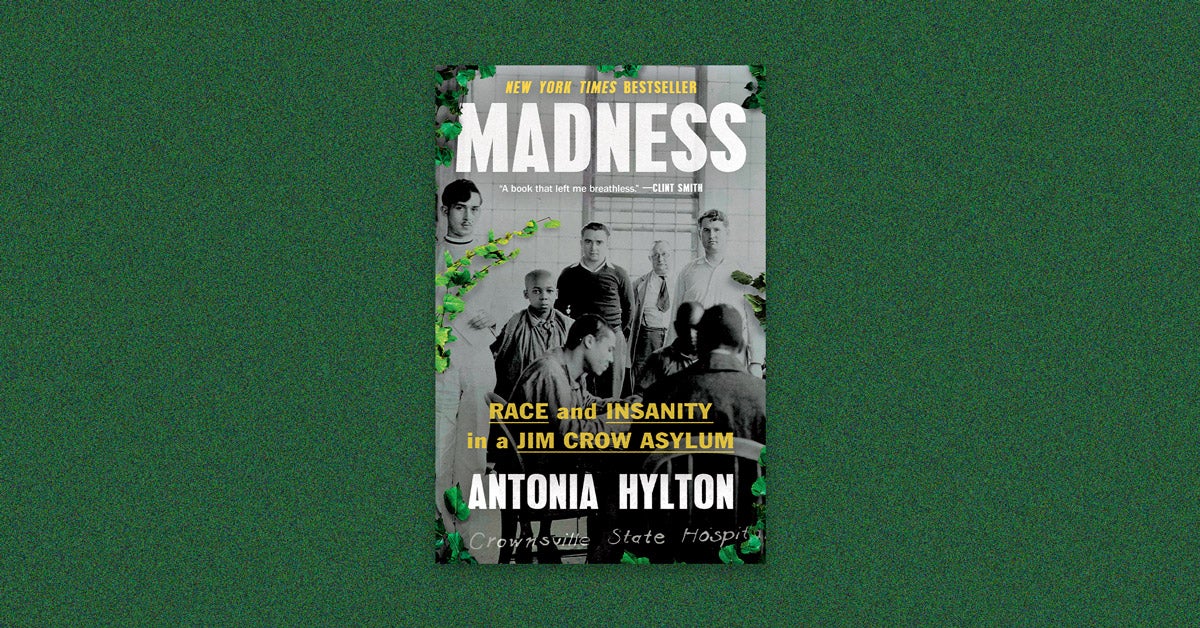
Hachette Book Group
Madness: Race and Insanity in a Jim Crow Asylum by Antonia Hylton
Antonia Hylton’s Madness: Race and Insanity in a Jim Crow Asylum is a deeply researched history of an asylum for Black Americans in Maryland after the Civil War—and a case study in how racism perpetuated itself after slavery. As Marissa Evans writes in her review, the book is really about how “[a]nything created out of White panic is often deadly for generations of Black people.” Equally, Hylton’s work is “a powerful reminder that the inequities of health are not history; they remain present, and political.” —Jina Moore Ngarambe
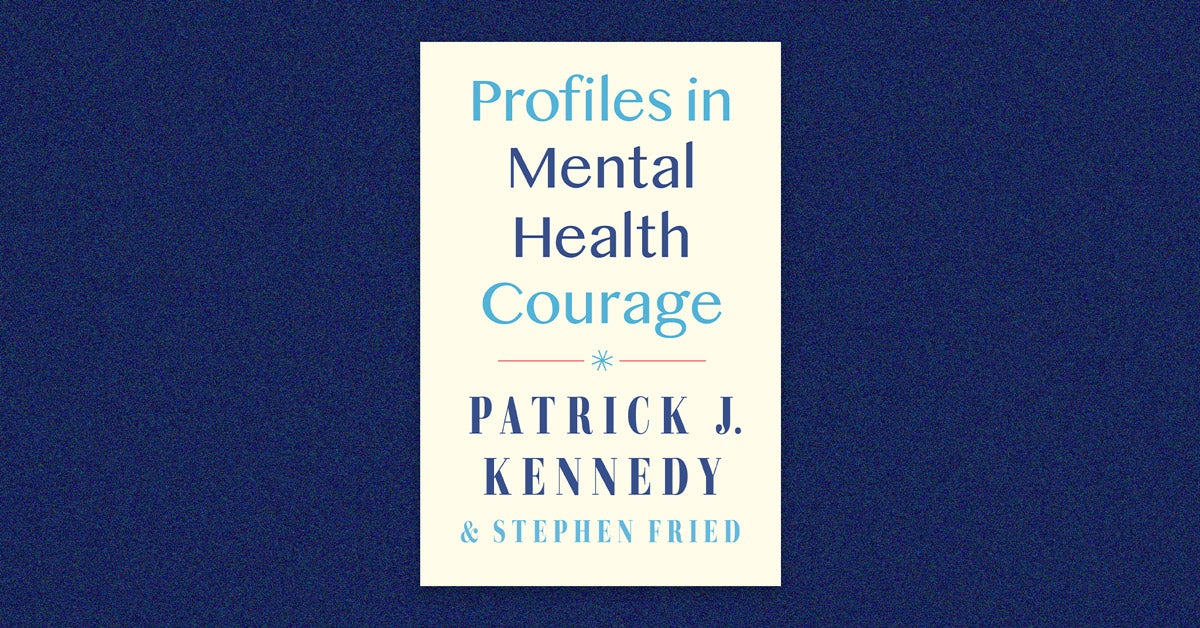
Dutton
Profiles in Mental Health Courage by Patrick J. Kennedy and Stephen Fried
Patrick J. Kennedy and Stephen Fried produced a dual-purpose powerhouse with Profiles in Mental Health Courage: a chronicle both of 12 people living with mental illness and of their challenges and triumphs. But the book is also an indictment of society’s ineptitude in confronting a growing mental health crisis. What unites the people in this book is not only that each has struggled with mental illness; it’s that each has had to weather the caprices of American health care. —Jina Moore Ngarambe
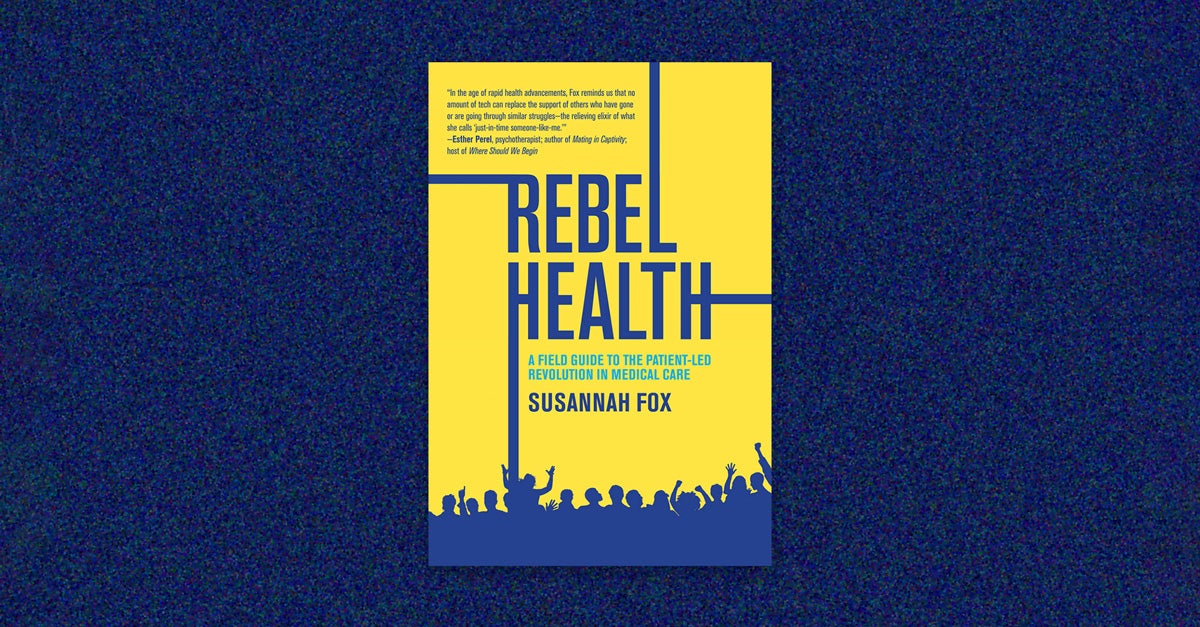
MIT PRESS
Rebel Health by Susannah Fox
This book offers a comprehensive guide to creating, supporting, and learning from patient communities that have sprung up online and in-person (think long COVID groups). The book seeks to empower patient leaders and calls on health care workers to join a growing movement supporting patient-led health care. —Maura Kelly
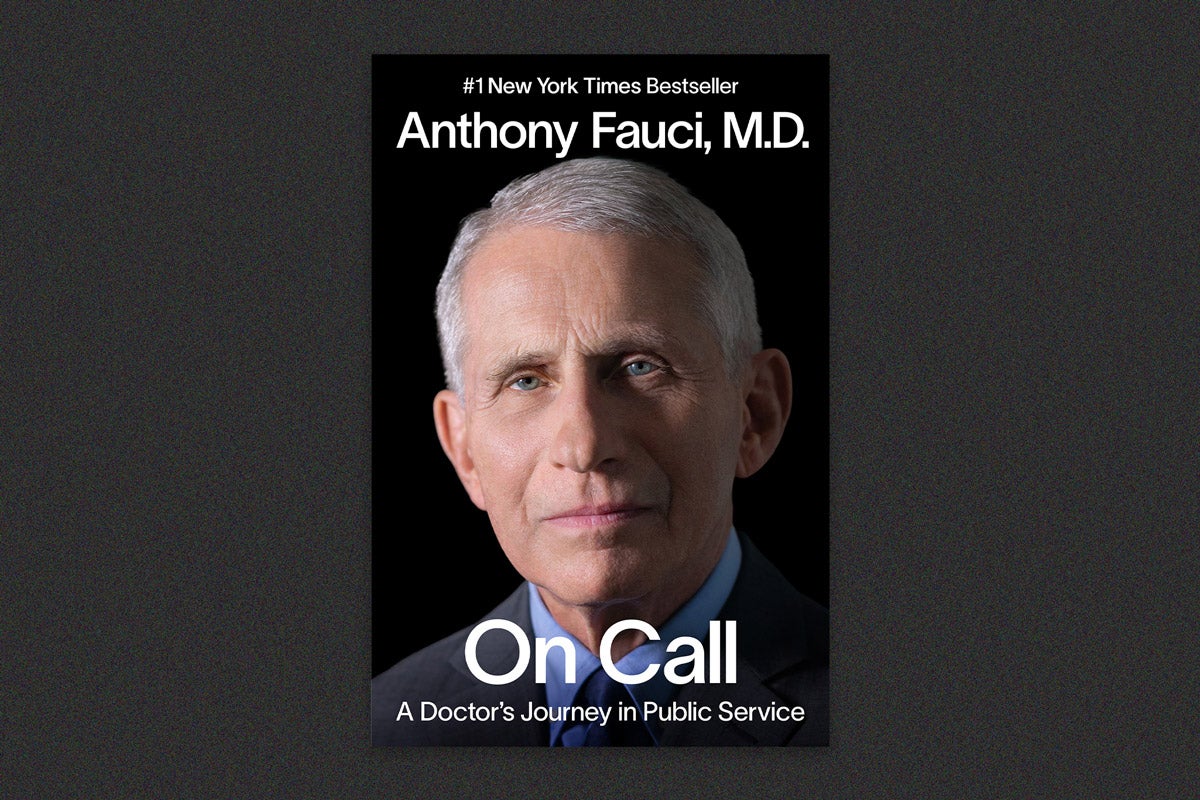
Viking Peguin
On Call: A Doctor’s Journey in Public Service by Anthony Fauci
This plainspoken autobiography is also often engrossing. Fauci has dedicated his life in medicine to public service, and he’s been at the center of the fights against waves of infectious diseases, including HIV/AIDS, avian influenza, Zika, Ebola, and of course COVID-19. These battles have sometimes come at steep personal costs, including death threats for him and his family during Covid. Through it all, he has maintained his optimism and his humanity. —Michael F. Fitzgerald
Top image, left to right: Penguin Life, Beacon Press, Hachette Book Group, Simon & Schuster

